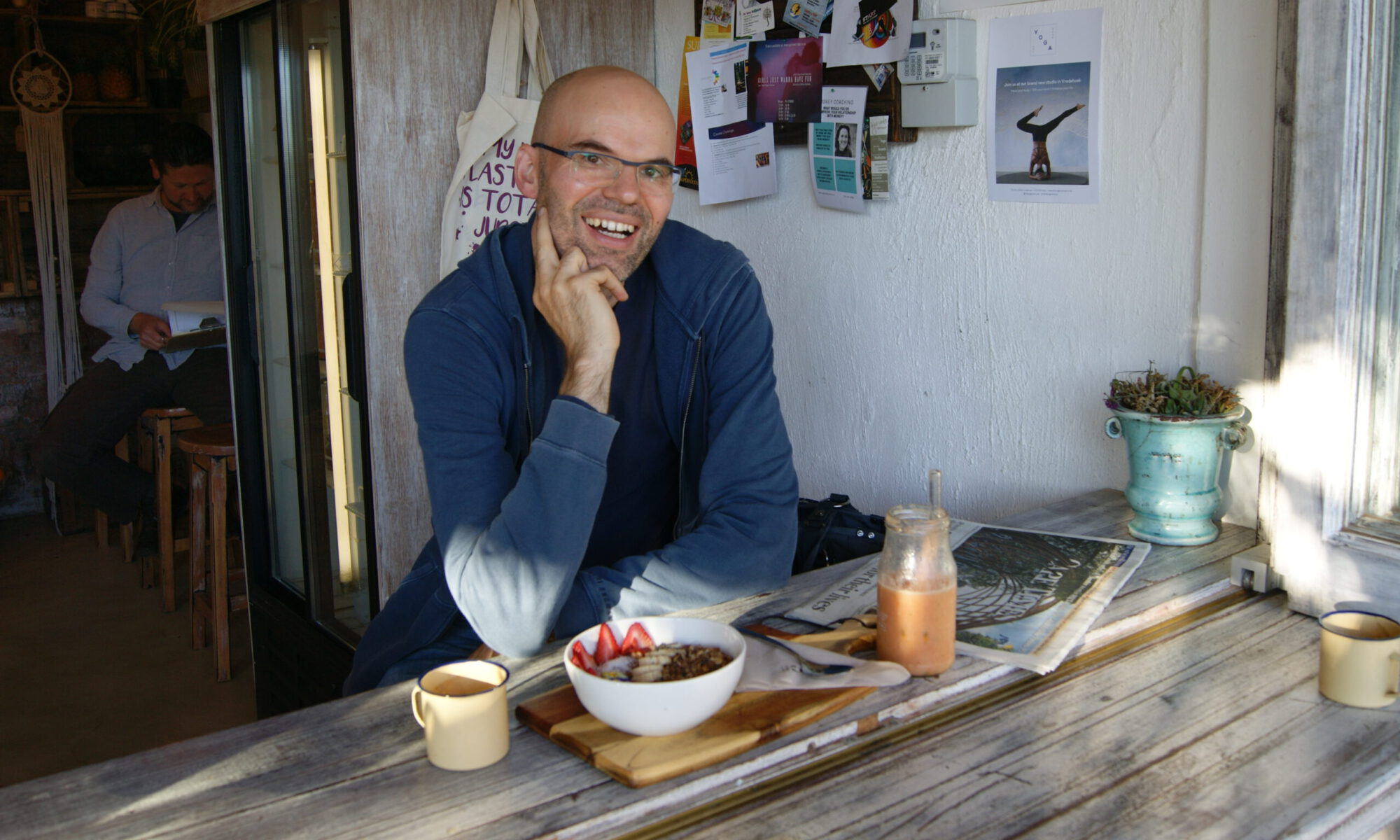
What do I find so interesting about economics?
Its presence, economic activity shapes us: „Today, almost every aspect of our daily lives is linked in some way by an economic relationship. „1
Its purpose: Economics is not an end in itself, but is meant to serve us: The goal of economics has long been to eliminate scarcities of certain goods (food, housing, clothing, services…). It is about using the available resources (capital, labor, material) as efficiently as possible in order to produce a maximum of goods.2 At least here in Germany, there is no scarcity of many goods anymore, many (not all) rather feel an abundance of offers.
Last but not least, I am interested in their mechanisms: Who determines the rules in the economic/financial system? Do the rules have to be adjusted from time to time?
What are important insights for me?
For the efficient satisfaction of the population’s needs with goods, the economy uses certain „tools“ (currencies, markets, …), methods (division of labor & specialization, …) as well as organizational forms (producing companies, service providers, …).
Prosperity of western market economies is based on competition. In a market economy, companies have the task of providing society with good, inexpensive, innovative goods and services. 3
The market and competition, private property and the pursuit of profit find their ethical justification solely in the beneficial systemic effects they have on all people. They are – under the condition of a suitable framework order – the most efficient means for the realization of freedom and solidarity of all people known so far. 4
In order to avoid the negative consequences for society of too much inequality (keyword „distribution blindness“), to take into account the consumption of resources in economic activity (keyword „future blindness“) and to ensure the provision of collective goods (public infrastructure, security, …), the framework order of the market economy must thereby necessarily contain social and ecological components.5
What do I do with it?
On the one hand, that I always make clear to myself that progress and quality of life are not solely dependent on annual growth in per capita income.6 On the other hand, that it is crucially a matter of the framework order to reduce possible disadvantages of economic activity. „One thing is clear: Growth without solving the environmental problem will end in collapse. Growth without solving the distributional question on this planet carries within itself the special danger of radicalization. „7
The framework is not set in stone. I can take my knowledge of the interrelationships into account in my purchasing, investing, and voting decisions. And I can get involved politically to advocate for appropriate growth models that are not based on wasting resources but on fairness to nature and fellow humans.
After an introduction to psychology and sociology, I hope this blog post, „What do I find so interesting about economics?“ has piqued your interest! For more in-depth reading, I can recommend the works of the authors cited:
1 Rifkin, Jeremy (2014). Die Null Grenzkosten Gesellschaft. Frankfurt, New York, Campus Verlag: S. 11
2 Vgl. Picot, A. / Dietl, H. et al. (2008). Organisation – Eine ökonomische Perspektive. Stuttgart, Schäffer-Poeschl: S. 1ff
3 Vgl. Homann, Karl (2007). Ethik in der Marktwirtschaft. München, Roman Herzog Institut, S. 31
4 Vgl. Homann, Karl / Lütge, Christoph (2005). Einführung in die Wirtschaftsethik. Münster, LIT, Kap. 2.1.4
5 Vgl. Nida-Rümelin, J.; Vortrag i.R. der Zeugnisverleihung PPW in München Februar 2013
6 Vgl. Eichhorn, Wolfgang / Sollte, Dirk (2010). Das Kartenhaus Weltfinanzsystem. Frankfurt a.M., Fischer Taschenbuch: S. 17
7 Eichhorn, Wolfgang / Sollte, Dirk (2010). Das Kartenhaus Weltfinanzsystem. Frankfurt a.M., Fischer Taschenbuch: S. 184
8 Vgl. Eichhorn, Wolfgang / Sollte, Dirk (2010). Das Kartenhaus Weltfinanzsystem. Frankfurt a.M., Fischer Taschenbuch: S. 17
